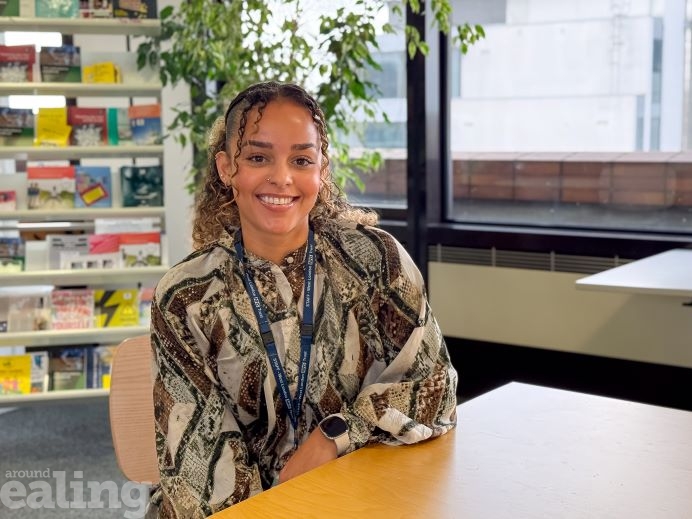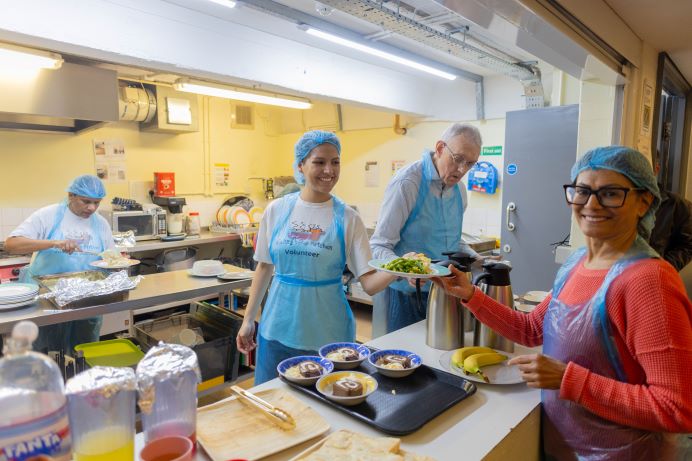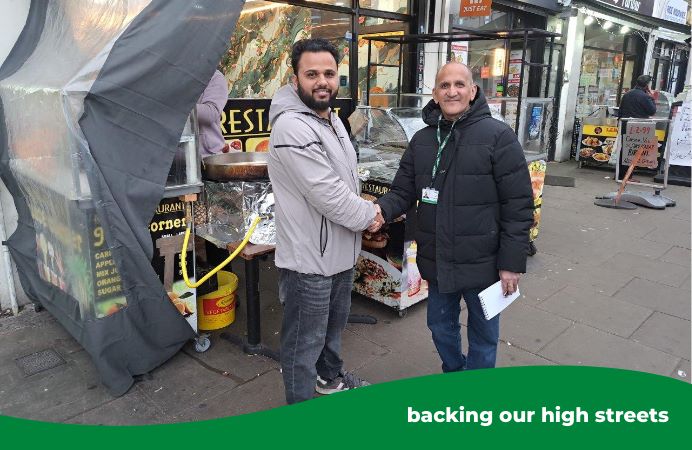If you are a parent, a carer, or work with children and young people in the borough, you are invited to a series of events to mark Children’s Mental Health Week (3- 9 February).
Ealing Council’s children’s services, in partnership with Child and Adolescent Mental Health Services (CAMHS), have organised talks, a cinema screening and workshops to encourage people to better understand children’s mental health.
For the council’s foster carers and social workers, who have such an important role in looking after and protecting the wellbeing of young people in care, there is support available all year round.
Children in care
We spoke to Dr Lori Bain, a clinical psychologist for the council’s children’s services, who runs a regular support group and drop-in service. She told us about mental health issues that young people in care often face, and how fostering can help them to heal and restore a positive outlook.
She said: “Every child is unique, with their own personality, strengths, and way of engaging with the world. Young people in care are no different. However, children who have faced early challenges, like trauma or difficult starts in life, may show certain behaviours that reflect their experiences. These behaviours often communicate universal needs: the need to feel safe, loved, and secure in relationships.”
Brain power
Lori explained how powerful the human brain can be, and how it’s designed to adapt to our surroundings—especially in childhood. “For children who’ve experienced abuse or trauma, their brains may have adapted to help them survive those tough environments,” she said. “When they move into a safer, more predictable setting, like foster care, it takes time for their brains to adjust. This delay can sometimes make their behaviours seem confusing to carers.”
She added that the brain is a great tool for detecting threats, and can result in young people becoming hypervigilant, resisting care or support, or struggling with changes. This may present in behaviours like irritability, lying, or being easily distracted.
Understanding behaviours
While survival-focused parts of the brain are highly developed, other areas—like those managing emotions or critical thinking—may not have grown as much. This means the child’s behaviour might not align with what we expect for their age. For example, they might need extra help understanding and managing their feelings, recognising their needs, or learning from consequences. This could result in high emotional outbursts, sensitivity to their environment, trouble following instructions, or self-soothing behaviours like overeating or withdrawing.
‘Transform the life of a child’
Lori said: “Foster carers play a vital role in helping children recover from developmental trauma. Research tells us that healing happens through relationships. Even just one strong, caring, and reliable relationship can transform the life of a child who has experienced trauma.”
Children in care need carers who can:
• make them feel safe
• help them understand their feelings and experiences
• respond to their needs, even when those needs are hidden
Support for foster carers
Parenting children with trauma can be deeply rewarding, but also comes with challenges. That’s why the council has built a dedicated support system for its foster carers, including training, drop-in sessions and other personalised support.
Interested in becoming a foster carer?
Get in touch by emailing contact@fosterwithwestlondon.org.uk or call 020 8753 1075.
For more information, visit the council’s fostering website.





